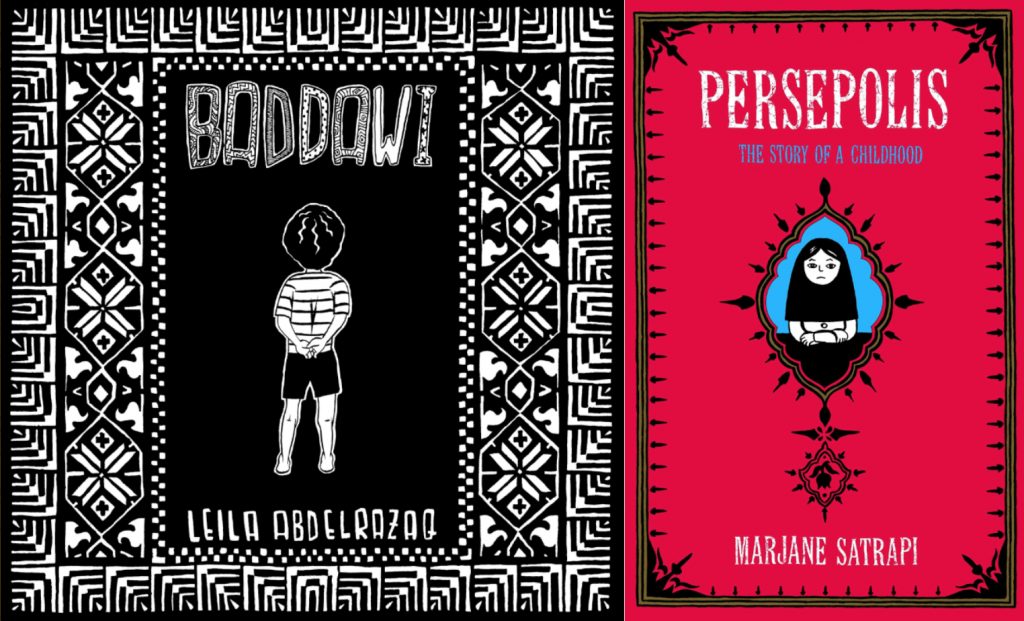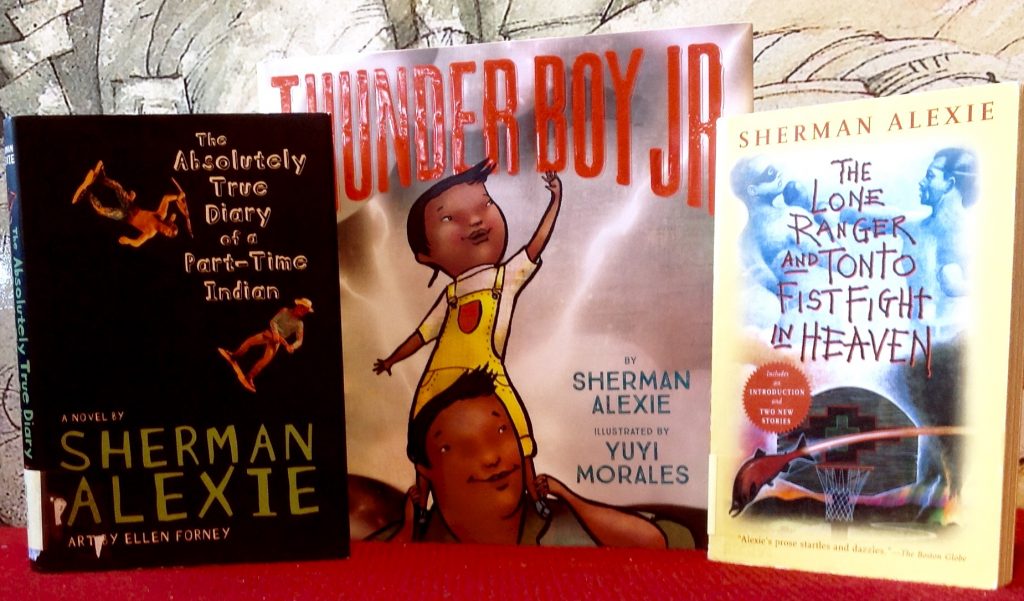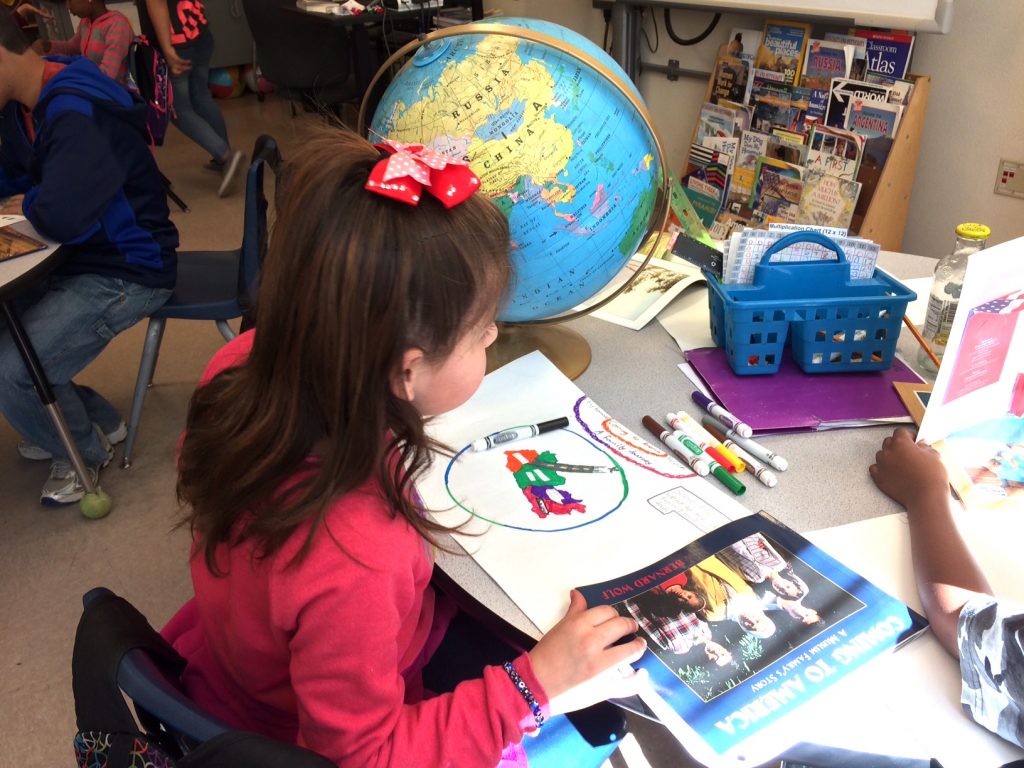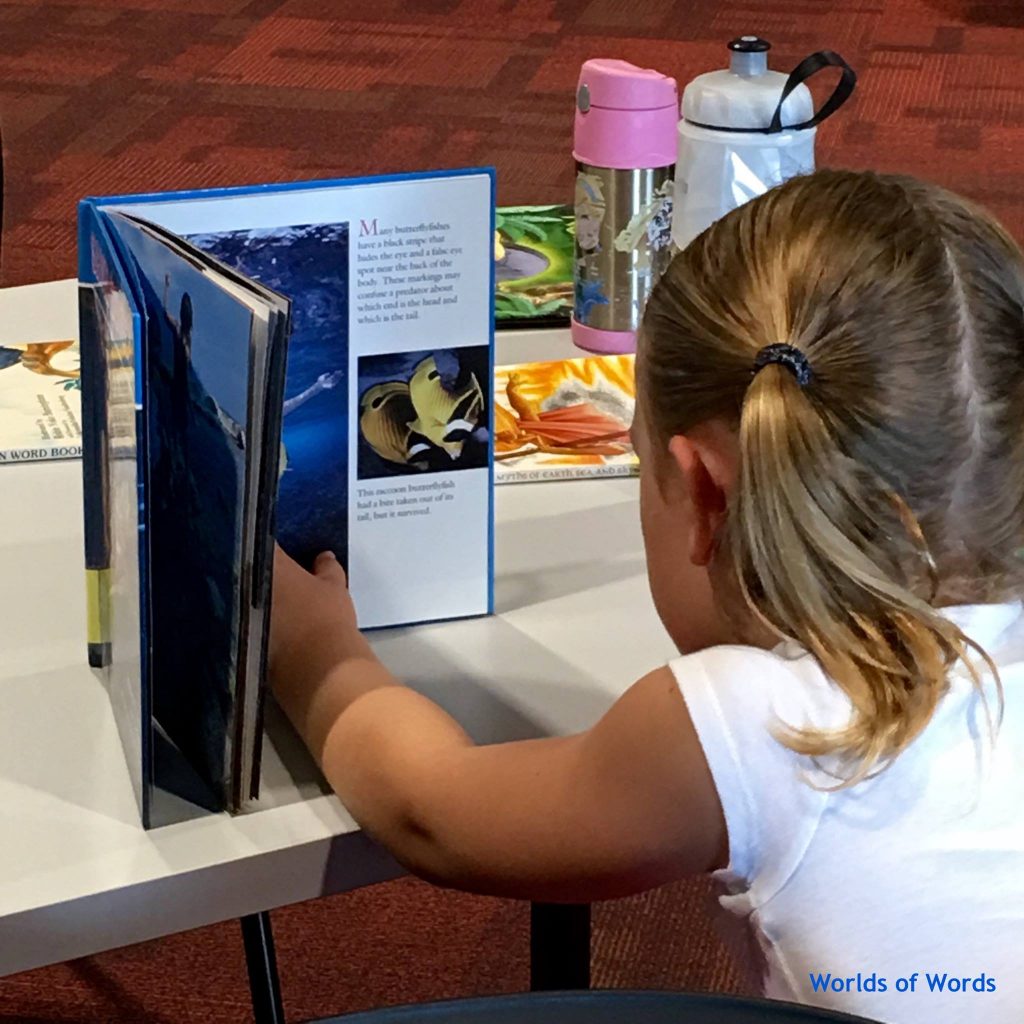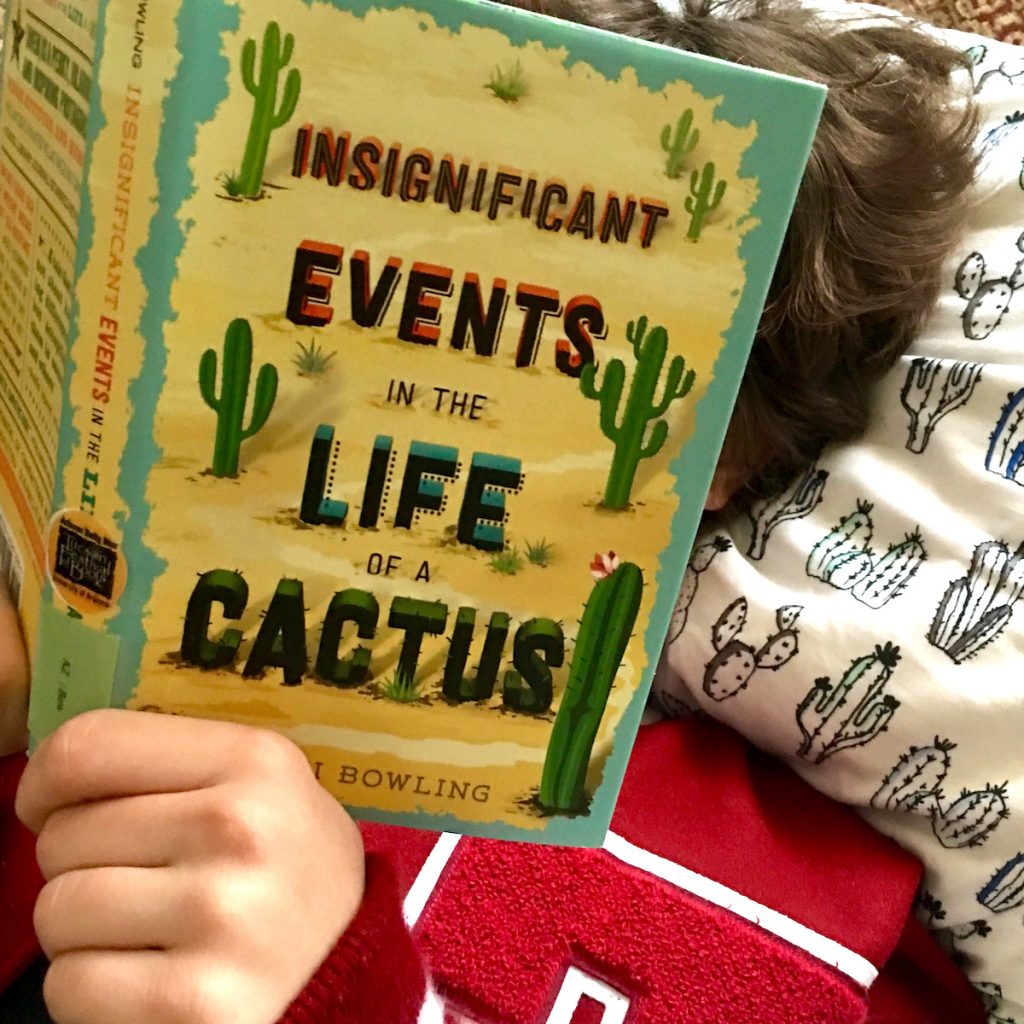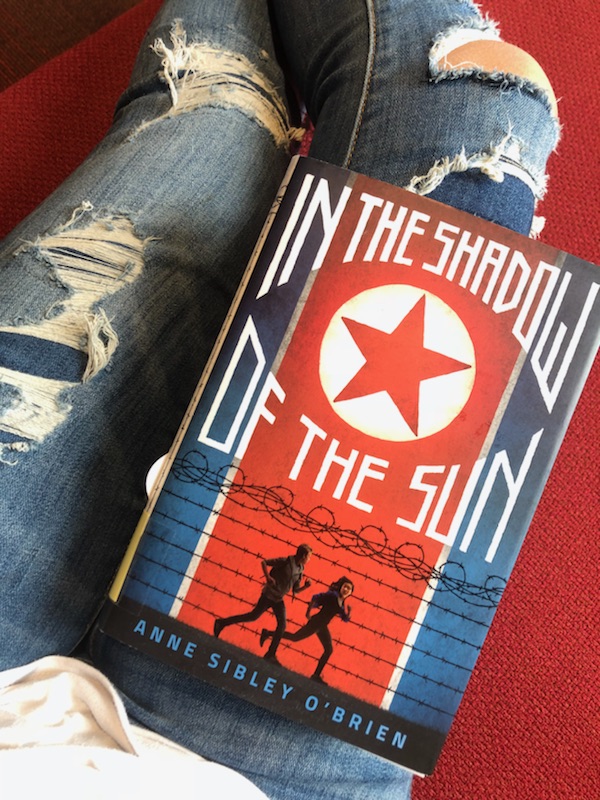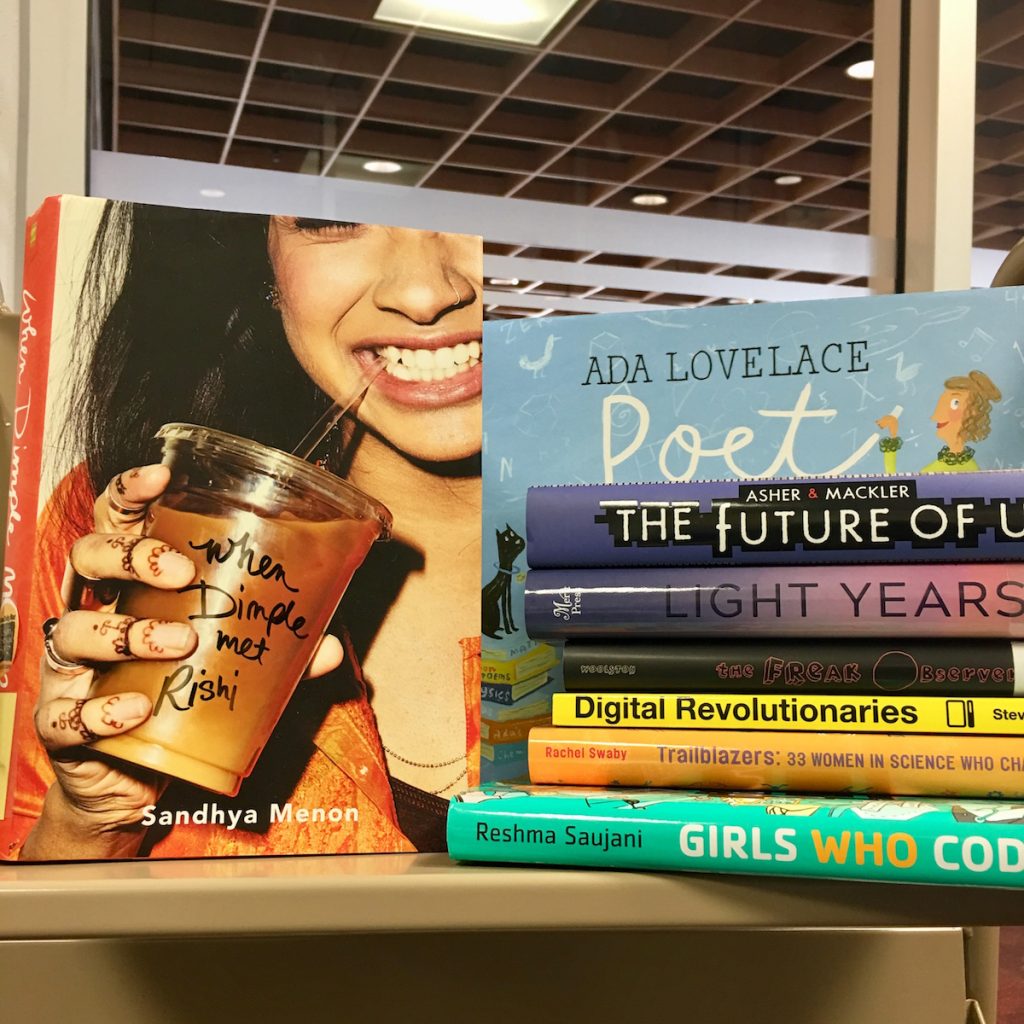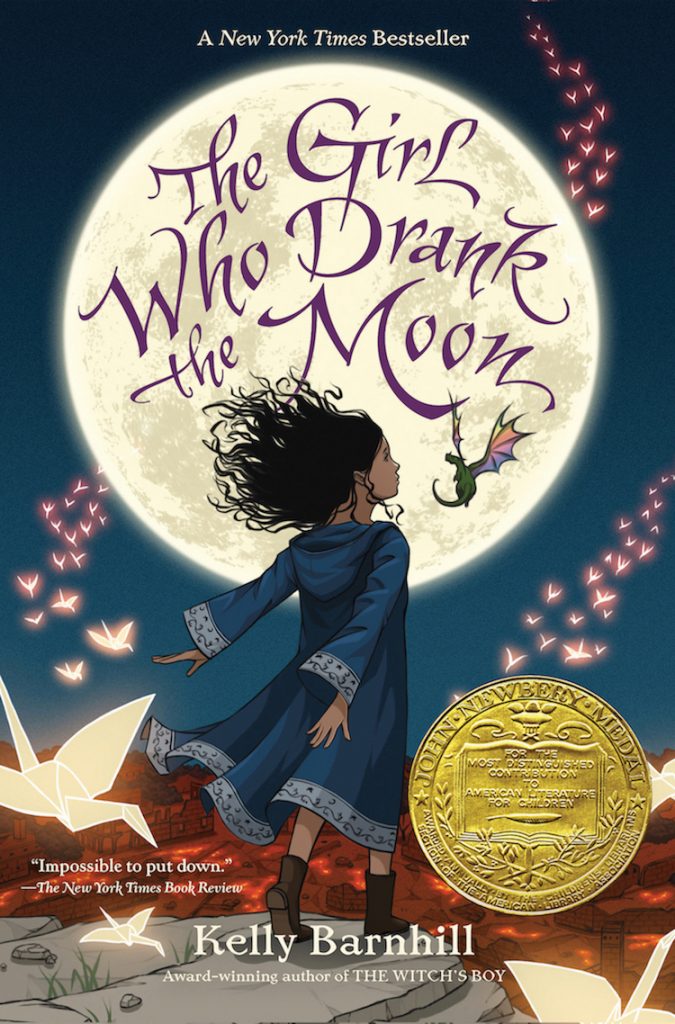By Asiye Demir, Lauren Hunt, Priscila Costa and Julia López-Robertson, University of South Carolina
 Buried Beneath the Baobab Tree by Adaobi Tricia Nwaubani (2018) tells the story of a girl who was kidnapped and forced to marry one of the militants of Boko Haram in Nigeria. Through the storyline of the novel, we witness their living standards, culture and religious practices. Last week we talked about our responses to this novel and since we are a diverse group of people, our responses were varied and had different aspects. Our group is made up of four teachers who have profound experiences with English language learners and other diverse student populations and as such this week we will approach our blog from the perspective of classroom applications. Continue reading
Buried Beneath the Baobab Tree by Adaobi Tricia Nwaubani (2018) tells the story of a girl who was kidnapped and forced to marry one of the militants of Boko Haram in Nigeria. Through the storyline of the novel, we witness their living standards, culture and religious practices. Last week we talked about our responses to this novel and since we are a diverse group of people, our responses were varied and had different aspects. Our group is made up of four teachers who have profound experiences with English language learners and other diverse student populations and as such this week we will approach our blog from the perspective of classroom applications. Continue reading


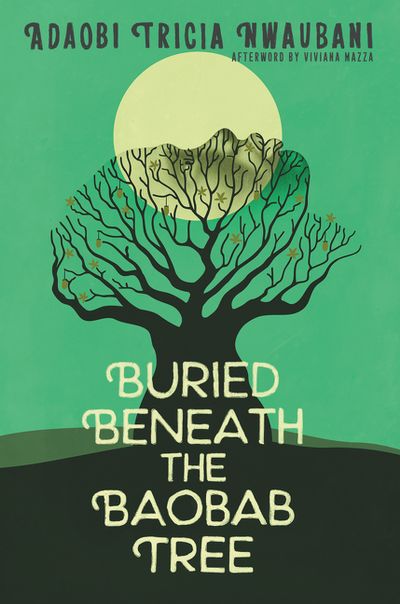 For the next two blogs our discussion will focus on Buried Beneath the Baobab Tree, by Adaobi Tricia Nwaubani. This story is based on the experiences of girls captured by the extremist group, Boko Haram in Nigeria. Nwaubani (2018) writes, “since 2009, the terrorist group Boko Haram has been fighting an armed insurgency with the aim of creating an Islamic state in northern Nigeria. More than twenty thousand people have been killed and over two million displaced by the fighting” (p. 293). Boko Haram has wreaked havoc on Nigeria and its people, and the group received worldwide media coverage when they kidnapped 276 girls from a Chibok school. According to the
For the next two blogs our discussion will focus on Buried Beneath the Baobab Tree, by Adaobi Tricia Nwaubani. This story is based on the experiences of girls captured by the extremist group, Boko Haram in Nigeria. Nwaubani (2018) writes, “since 2009, the terrorist group Boko Haram has been fighting an armed insurgency with the aim of creating an Islamic state in northern Nigeria. More than twenty thousand people have been killed and over two million displaced by the fighting” (p. 293). Boko Haram has wreaked havoc on Nigeria and its people, and the group received worldwide media coverage when they kidnapped 276 girls from a Chibok school. According to the 